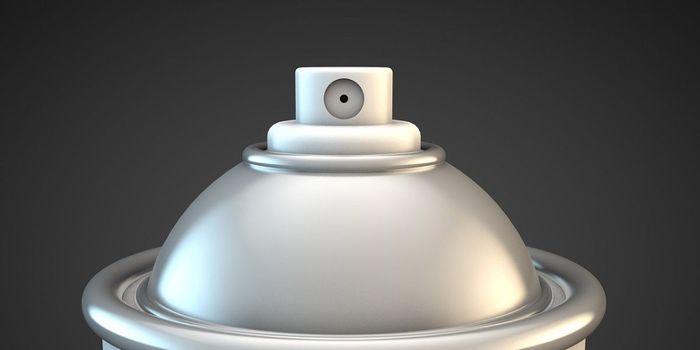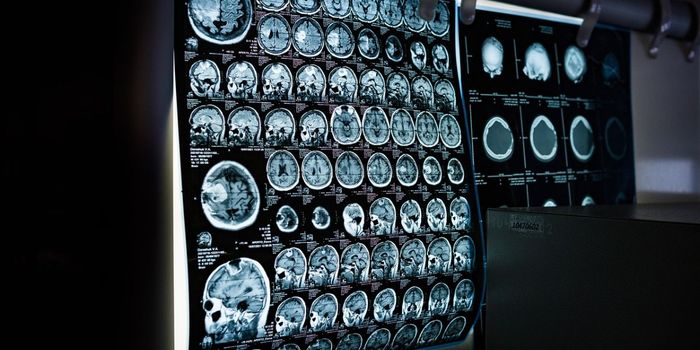Nanoparticles Improve Chemotherapy Via Anti-tumor Immunity
Doxorubicin, tradename Adriamycin, is a well known chemotherapeutic agent used to treat a variety of cancer types including lymphoma, leukemia, myeloma, breast, stomach, lung, thyroid, and bladder cancer, and Kaposi’s sarcoma. It is typically administered by intravenous or iv injection, and is associated with unpleasant toxicities and side effects. It was first approved for use in the United States in 1974, so it is safe to say it has been around for quite some time now. Doxorubicin works by intercalating into DNA, thereby preventing DNA replication progression and cell division, ultimately leading to cell death. This is great for killing of cancer cells, but it is not selective and hits healthy, non-cancerous cells as well.
The lab of Dr. Ashutosh Chilkoti at Duke University in North Carolina has recently shown that nanoparticle formulation can improve the efficacy of doxorubicin through increase in anti-tumor immune response, and the results of this study are set to be published in January (2018) in the Journal of Controlled Release. Nanoparticles themselves have been a topic of interest for therapeutics of late, and harnessing anti-tumor immune response has proven an effective hot area of study for cancer treatment over the past several years. In the above mentioned study, they utilize both approaches in an effort to improve cancer therapy.
Doxorubicin can contribute to establishing anti-tumor immunity through enhancing immune-mediated cell death. Dr. Chilkoti’s group show that use of a nanoparticle formulation of doxorubicin which they call CP-Dox (short for Chimeric Polypeptide Doxorubicin), can enhance such antitumor immunity. They compare traditional “free” doxorubicin to a single, iv injection of CP-Dox at the maximum tolerated dose into tumors in mice, and find there is a resulting increase in the number of infiltrating leukocytes and subsequent decrease in tumor growth and metastasis. They go on to show that these results are dependent upon CD8 positive T-cells, otherwise known as the “killer” T-cells, as well as interferon-gamma. The treatment was also found to impact myeloid cell polarization within the tumor itself toward an anti-tumor phenotype. Overall this shows the efficacy of a nanoparticle-based chemotherapeutic (that is doxorubicin) and its ability to elicit anti-tumor immunity, in a manner distinct from the traditional “free” chemotherapy. The authors conclude that this study “strongly argues for the use of anti-tumor immunotherapies combined with nanoparticle-packaged chemotherapy” to combat cancer more effectively.
Sources: Journal of Controlled Release, Wikipedia, Pixabay










